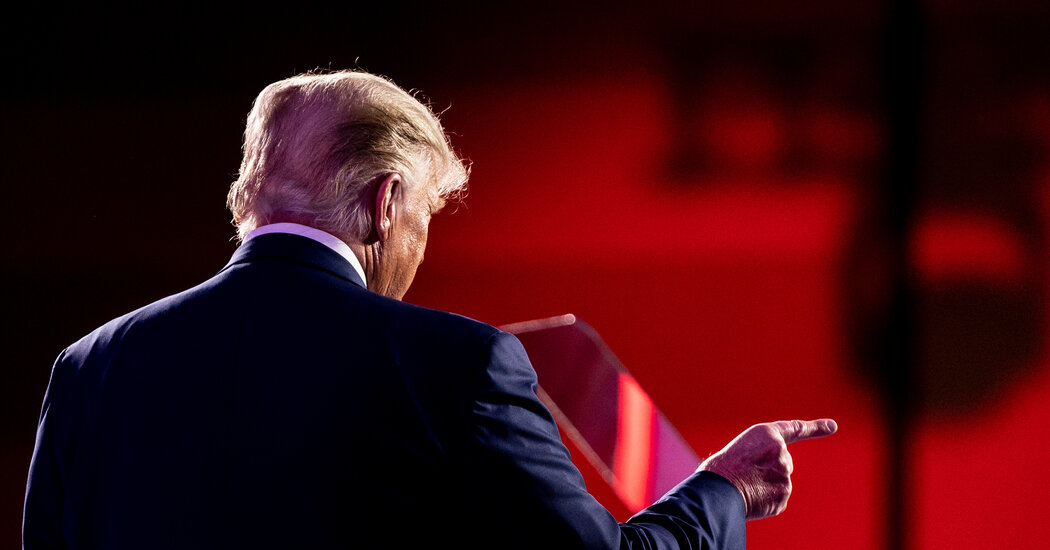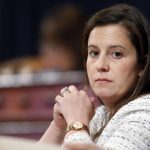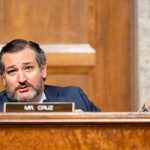
“Facebook has been clearly abused by influential users,” said Helle Thorning-Schmidt, a co-chair of the Oversight Board.
Facebook does not have to adopt these recommendations but said it “will carefully review” them.
For Mr. Trump, Facebook was long a place to rally his digital base and support other Republicans. More than 32 million people followed him on Facebook, though that was far fewer than the more than 88 million followers he had on Twitter.
Over the years, Mr. Trump and Mr. Zuckerberg also shared a testy relationship. Mr. Trump regularly assailed Silicon Valley executives for what he perceived to be their suppression of conservative speech. He also threatened to revoke Section 230, a legal shield that protects companies like Facebook from liability for what users post.
Mr. Zuckerberg occasionally criticized some of Mr. Trump’s policies, including the handling of the pandemic and immigration. But as calls from lawmakers, civil rights leaders and even Facebook’s own employees grew to rein in Mr. Trump on social media, Mr. Zuckerberg declined to act. He said speech by political leaders — even if they spread lies — was newsworthy and in the public interest.
The two men also appeared cordial during occasional meetings in Washington. Mr. Zuckerberg visited the White House more than once, dining privately with Mr. Trump.
The politeness ended on Jan. 6. Hours before his supporters stormed the Capitol, Mr. Trump used Facebook and other social media to try to cast doubt on the results of the presidential election, which he had lost to Joseph R. Biden Jr. Mr. Trump wrote on Facebook, “Our Country has had enough, they won’t take it anymore!”
Less than 24 hours later, Mr. Trump was barred from the platform indefinitely. While his Facebook page has remained up, it has been dormant. His last Facebook post, on Jan. 6, read, “I am asking for everyone at the U.S. Capitol to remain peaceful. No violence!”
Cecilia Kang contributed reporting from Washington.





